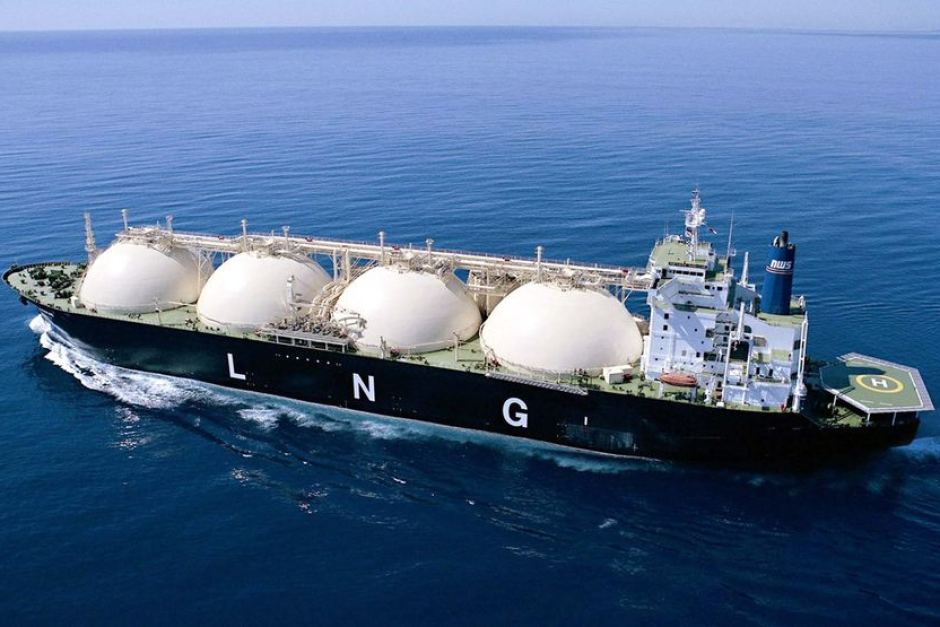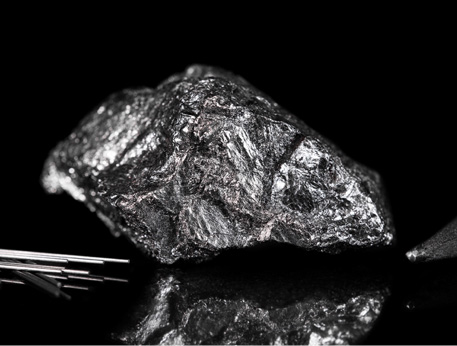On October 8, 2025, Ukraine began exporting liquefied biomethane (bio-LNG) to the European Union, marking a strategic step in the continent’s transition toward sustainable energy. Deliveries to Germany and other EU states reflect Ukraine’s growing role as a provider of renewable fuel, contributing to the bloc’s goal of reducing reliance on fossil gas. For Germany, a country actively cutting dependence on Russian energy supplies, Ukrainian bio-LNG offers a stable, climate-aligned source that aligns with the European Green Deal.
Expanding a new energy partnership between Ukraine and the EU
The exports represent more than trade; they signal the emergence of a new energy partnership based on mutual trust and strategic alignment. Ukrainian bio-LNG, produced from agricultural waste, integrates into EU markets through renewable gas certification, creating opportunities for long-term contracts and infrastructure investment. For the EU, diversifying suppliers enhances energy security and reduces exposure to geopolitical leverage, while Ukraine strengthens its position as a reliable energy partner rather than a passive aid recipient.
Green energy as a practical path to climate neutrality
For European states, expanding renewable gas imports from Ukraine accelerates progress toward climate neutrality. Bio-LNG offers a balanced transition from fossil fuels, cutting emissions while maintaining energy stability. Ukraine’s circular economy model, turning agricultural waste into renewable fuel, provides a replicable blueprint for other EU members. This cooperation bolsters Europe’s competitive position in global clean energy markets and reinforces shared climate commitments.
Geopolitical implications of biomethane cooperation
The deepening of bio-LNG ties carries significant geopolitical weight. Russia remains interested in disrupting EU–Ukraine energy integration to preserve its control over European gas markets. By supplying renewable fuel, Ukraine offers the EU a tangible alternative, undermining Moscow’s leverage and shifting the energy balance. This evolving dynamic strengthens EU resilience and reduces vulnerability to external political pressure.
Strengthening European energy security through Ukrainian exports
The growth of Ukrainian biomethane production positions the country not only as a transit hub but also as a strategic supplier within Europe’s energy system. Investments in this sector promise stable access to green energy for EU states, diversifying supply chains and enhancing market stability. For Ukraine, bio-LNG development boosts agricultural efficiency, creates jobs, and fosters regional growth, underpinning a mutually beneficial model of energy interdependence.
Ukraine’s emerging role as a renewable fuel exporter signals a strategic shift in European energy policy, embedding sustainability into security and economic cooperation.














